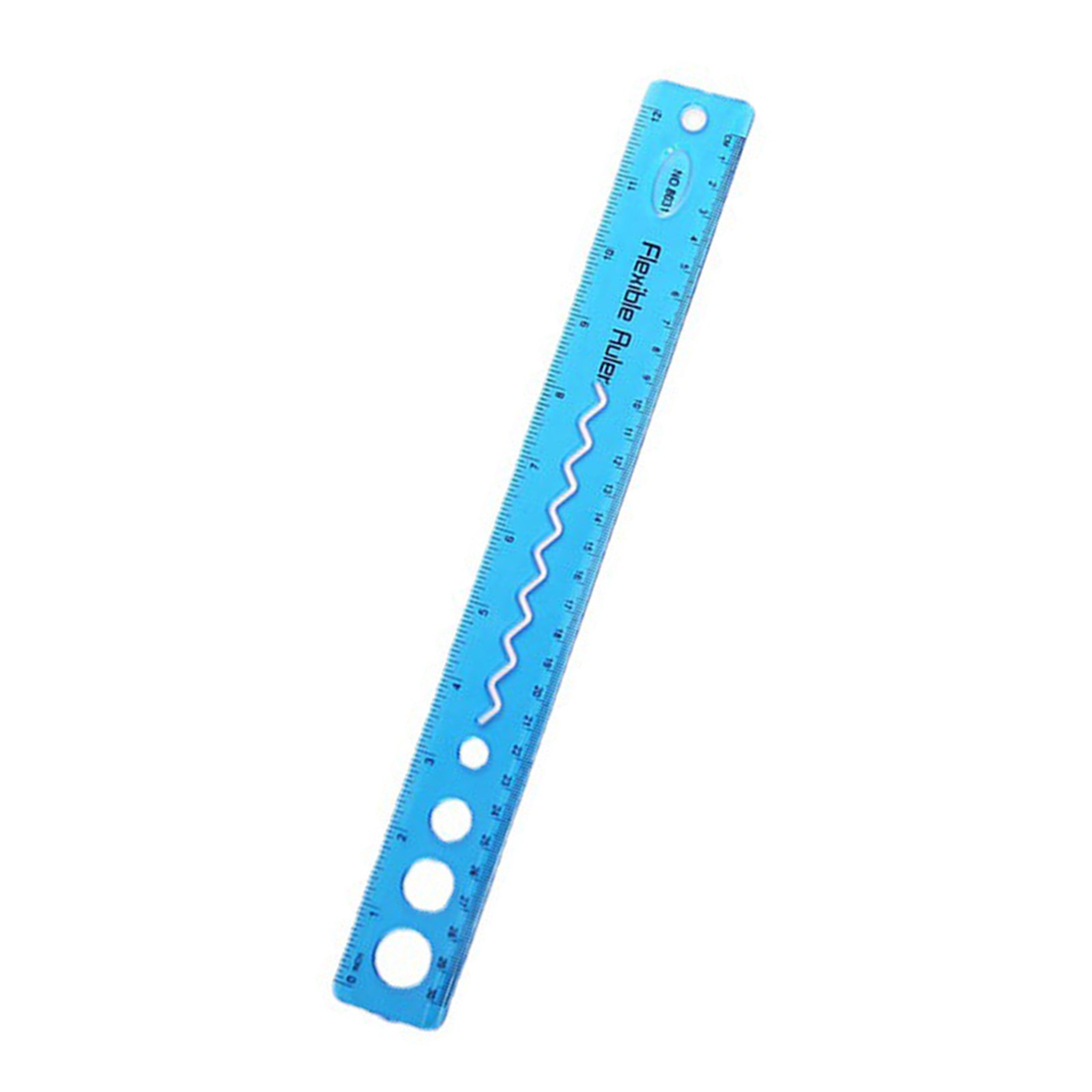

I saw them in the store and immediately said “yeah that’s asking for a phone call”.Ī third person commented: “Those rulers are usually inaccurate and more of a toy. One person said: “All these distractions in the classroom and then a teacher gets blamed for not being “engaging” when the kids don’t pay attention”.Ī second commenter wrote: “I promise on all things good, I will never buy that for my kids. The majority of people agreed with her with fellow teachers chiming in to support her. Teacher asks parents to avoid buying popular pencil case item for back to school (Image: TikTok/shimononono) “5th these will definitely be used as a toy and not a school supply those two things should be separate.”

“4th in elementary school students trade them all the time at recess or lunch then kids go home crying to their parents that they lost their fidget. 3rd there are quieter fidgets to use besides Pop-Its. 2nd it's a distraction for other students, not just the one using it. She said: “1st off it's bendy and you wouldn't get correct measurements. The teacher outlined a number of reasons why they shouldn’t be included you children’s pencil case, from distracting other students to getting measurements wrong. She explained that people should avoid picking up a ruler that contains pop-it fidgets. The TikTok user, gained 11 million views on her video, saying: “As a teacher please DO NOT buy your children this!!” Read more: Celia Holman Lee experienced embarrassing fashion disaster in front of Gay Byrne
#Bendy rulers update#
I plan to update it to a newer version soon and that update should bring in a bunch of new word senses for many words (or more accurately, lemma).With new items coming out every day for children, it can be hard to know what should be bought for the school term.īack in the day, there used to be one type of pen, eraser or ruler, however, now there are endless choices.Ī teacher is now advising parents against buying a specific stationery item during their Back to School shop.
#Bendy rulers code#
Special thanks to the contributors of the open-source code that was used in this project: the UBY project (mentioned above), and express.js.Ĭurrently, this is based on a version of wiktionary which is a few years old. I simply extracted the Wiktionary entries and threw them into this interface! So it took a little more work than expected, but I'm happy I kept at it after the first couple of blunders. The researchers have parsed the whole of Wiktionary and other sources, and compiled everything into a single unified resource. That's when I stumbled across the UBY project - an amazing project which needs more recognition. However, after a day's work wrangling it into a database I realised that there were far too many errors (especially with the part-of-speech tagging) for it to be viable for Word Type.įinally, I went back to Wiktionary - which I already knew about, but had been avoiding because it's not properly structured for parsing. This caused me to investigate the 1913 edition of Websters Dictionary - which is now in the public domain. I initially started with WordNet, but then realised that it was missing many types of words/lemma (determiners, pronouns, abbreviations, and many more).

The dictionary is based on the amazing Wiktionary project by wikimedia. And since I already had a lot of the infrastructure in place from the other two sites, I figured it wouldn't be too much more work to get this up and running. I had an idea for a website that simply explains the word types of the words that you search for - just like a dictionary, but focussed on the part of speech of the words. Both of those projects are based around words, but have much grander goals. For those interested in a little info about this site: it's a side project that I developed while working on Describing Words and Related Words.


 0 kommentar(er)
0 kommentar(er)
